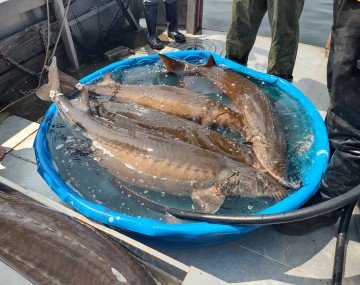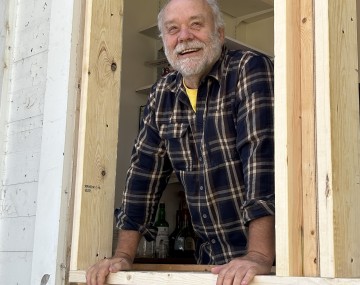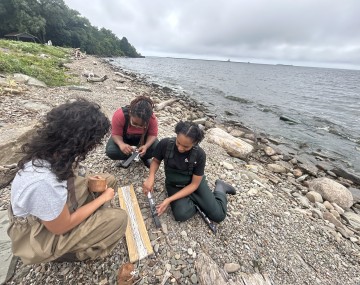About CBFS
For more than 60 years, the Cornell Biological Field Station at Shackelton Point (CBFS) has addressed issues of changing ecosystems within the lakes of New York state and beyond.
We collaborate with local and global groups to explore the effects of invasive species and climate change and the effects on aquatic ecosystems and strive to provide an exciting, inviting and collegial working and learning environment for all.
Meet Angelica Melero
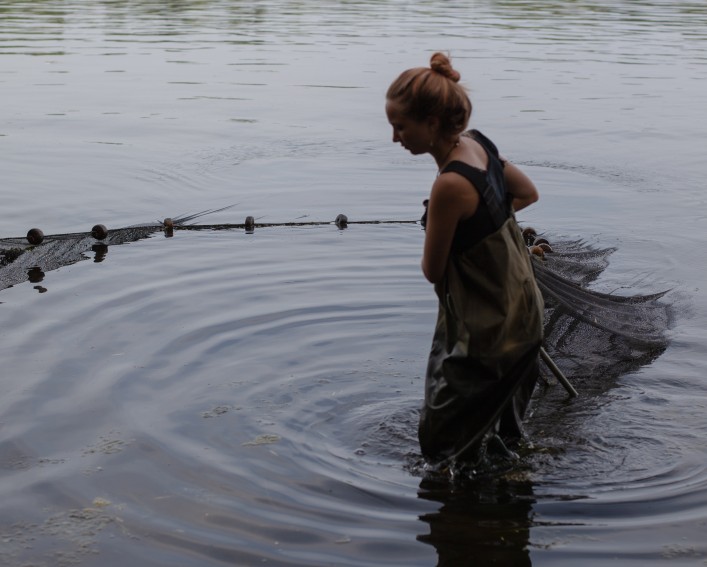
Make a gift
Our Mission Statement: To conduct research in fisheries and aquatic ecology in New York State with a focus on Oneida Lake, the Great Lakes and other NYS inland lakes. To support the educational, outreach and extension programs of the Department of Natural Resources and the Environment (DNRE), the College of Agriculture and Life Sciences (CALS) and Cornell University.
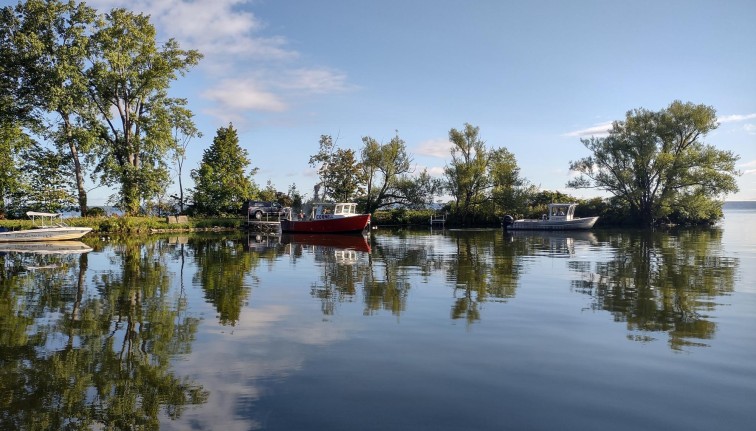
Support the station
Your gift to the Cornell Biological Field Station helps us provide unparalleled access to and collaboration with outstanding faculty and staff, and provide students with relevant, immersive learning opportunities, including the continuation of our summer undergraduate research program. This program offers exciting opportunities for students to collaborate on research with mentor scientists conducting ecological investigations in a wide variety of ecosystems.





